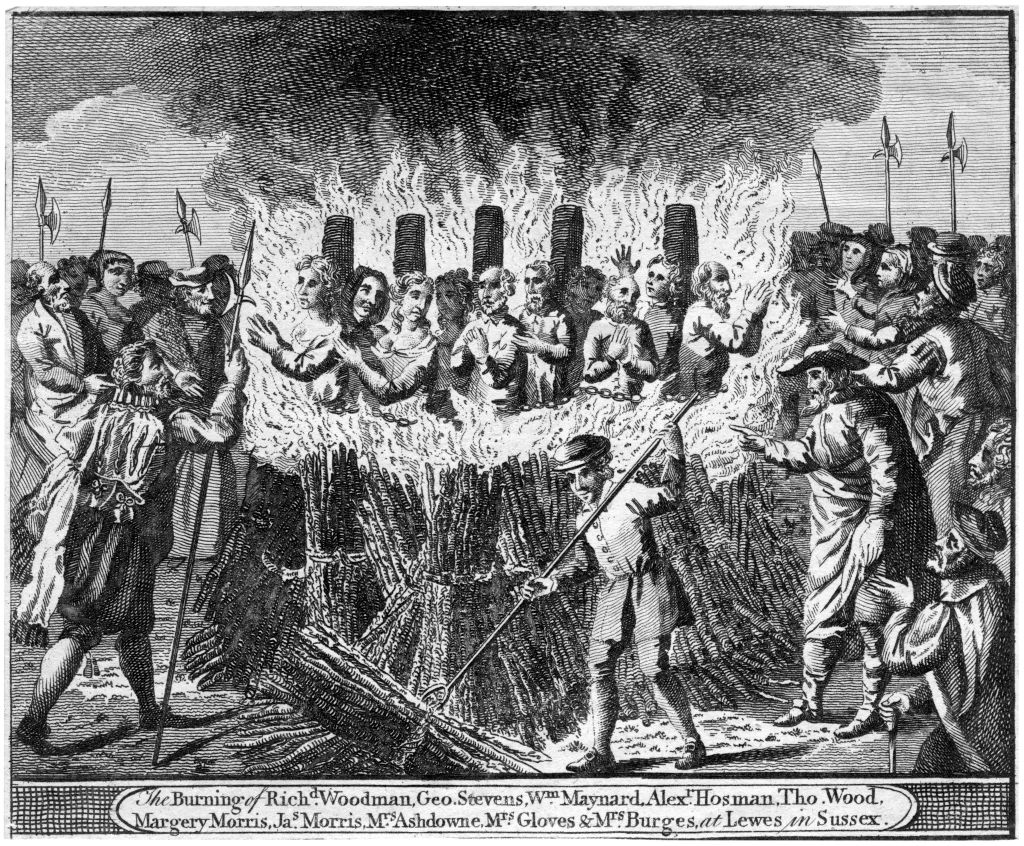The French have been trying to be the main player in Europe for centuries, with varying success. Napoleon got the furthest, managing to conquer the entire continent – but like a bright candle, he burned only so long. Now, as America begins its slow move away from Europe, French President Emmanuel Macron clearly sees the opportunity for another go at it. This time, with nuclear bombs.
Not with nuclear threats though: instead, Macron is considering providing a nuclear shield.
America’s nuclear umbrella has been the main benefit of NATO membership for decades. With thousands of warheads, it is the only nuclear power on Earth which can feasibly threaten the Soviet Union. However, with President Donald Trump increasingly sceptical of NATO, and Vice President JD Vance – his likely heir in 2028 – perhaps even more so, Europeans are looking to fill an America-sized void in nuclear defence.
France has recently attempted to do so, suggesting that it could possibly extend its force de frappe across the continent. This has not just been limited to Macron, who early last month said he would re-open a discussion on extending France’s nuclear protection across Europe. Jordan Bardella, the likely populist-Right candidate in France’s 2027 presidential elections if Marine Le Pen is still banned from running, said that France’s umbrella already protects “certain countries,” though he did not say who. Le Pen, for her part, said it should remain a France-only protection.
Legally speaking, Bardella is correct. As a member of NATO, France is bound by Article V, which requires members to come to the aid of one who is attacked. However, Article V is very vague on what “aid” must constitute, only demanding members take “such action as it deems necessary, including the use of armed force…” Which means France could respond to an attack on Greece with an atomic blast – or it could send helmets.
However, there are reasons that Europe should hit the brakes on lining up behind a French nuclear shield. Mainly, there are two: it likely won’t work, and it would give undue influence to France.
France currently possesses just south of 300 nuclear warheads; of those, reportedly they are deployed in 48 submarine-based missiles and 50 air-launched missiles, for just under 100 delivery systems. Russia has over 500 delivery systems and over 1,500 deployed nuclear warheads.
“But you only need one bomb to blow up Moscow,” one might say. But this is not true: firstly, Russia has missile defence systems, which could eliminate a large portion of France’s attacks. While France may have defence systems as well, they cannot hope to eliminate enough Russian missiles to avert the complete destruction of France.
Secondly, the first missiles will not be lobbed at Paris and France. Most nuclear hypotheticals have these things starting slowly – a tactical nuke here, an airburst there. Mutually assured destruction requires all parties involved to understand that the other parties can eliminate them entirely – can assure their destruction – and to fear that destruction. If Russia does not really fear that France could destroy their country, then the entire concept falls apart.
Russia also would have good reason to assume that France would not act to begin with, despite any potential future nuclear guarantee. Assume a hypothetical: it is 2032, and America has entirely left the European continent and has made clear that it will not honour Article V in any substantial manner. Russia sends some soldiers into Narva, Estonia, which is directly across the Russian-Estonia border. Narva has, by some metrics, a population that is 97 per cent Russian-speaking or ethnically Russian. Is France really going to risk turning Paris to ashes over that? It is unlikely – or at least, Estonia would have reason to doubt it. Which once again undermines the entire concept of mutually assured destruction: if one player does not believe the other will destroy them, then the game is over.
It would also give France incredible weight in Europe. While America acted as the umbrella, it mostly stayed away from internal European politics once the Cold War got off the ground. That allowed Europe to unite against America as a counter-weight. But if France is the only one in the European Union with a nuclear bomb, it becomes the default major player on the continent. This is not necessarily terrible for all member states, but it is worth keeping in mind.
There is, however, a better alternative for European Union member states, at least the ones with significant skin in the game like Poland: they could consider developing their own nuclear deterrents. While the Iranian and North Korean regimes should not be emulated in almost any way, their pursuit (or successful development) of nuclear weapons has enabled them essentially to become geopolitical porcupines: no one is touching them without getting hurt. As America recedes from Europe, a country like Poland likely does not want to gamble on France deciding that eastern Polish land must remain Polish.
This would also enable eastern Europe – which already takes defence far more seriously than many in western Europe – to become a much stronger block. Poland, with its close vicinity to Russia, could extend its small umbrella to the Baltic states, as it would definitively be in its national interest to do so (unlike France’s). No matter who is elected in Poland, they will always be sceptical of any Russian intrusion – with French elections, it might be a roll of the dice.
The goal of having a nuclear bomb is not to ensure that one can strike – it is to ensure that one never has to. A French nuclear umbrella does not guarantee that all of Europe will be safe from harm from a massive attack.
And what good is an umbrella if it doesn’t keep out the rain?





A history of French political convictions: lack of ethics or overheated politics?